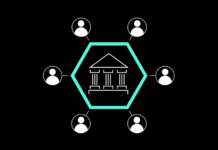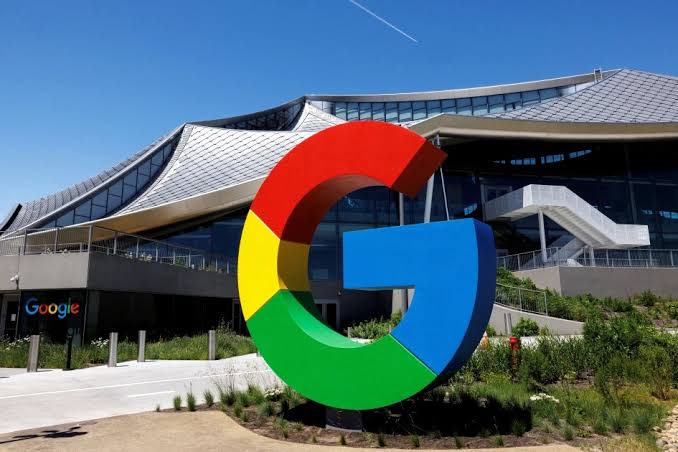In an ambitious move to support Africa’s growing tech sector, Google recently announced a $5.8 million investment aimed at advancing artificial intelligence (AI) skills and research across the continent. The initiative focuses on nurturing homegrown AI talent, supporting startups, and promoting sustainable technological solutions within Africa. The announcement marks a significant milestone for the continent, which has witnessed a growing interest in digital innovation, cloud technology, and AI over the past decade.
Context and Background
Africa, with its young population and high mobile penetration rates, has shown a substantial appetite for digital solutions that address local challenges. However, the continent faces unique obstacles in building a robust tech ecosystem, including a lack of skilled AI professionals, limited access to research resources, and disparities in digital infrastructure. Google’s latest investment is part of its broader commitment to support Africa’s tech ecosystem, following its previous projects like the Google AI lab in Ghana, which was established in 2019, and other developer programs across the continent.
The Investment Breakdown
Google’s $5.8 million funding will be distributed among various initiatives, each strategically focused on addressing specific gaps within the AI landscape in Africa. This includes investments in AI training programs, partnerships with universities and local research institutions, and support for startup incubation. Here is a breakdown of some key areas where Google intends to allocate these funds:
- AI Training Programs: Google aims to provide AI training opportunities to thousands of African students, professionals, and researchers. Through a blend of in-person workshops, online courses, and developer bootcamps, Google seeks to equip participants with skills ranging from foundational AI and machine learning (ML) concepts to advanced data science and neural network design. These programs will also emphasize ethical AI and responsible use of technology.
- University Partnerships and Research Grants: Recognizing the role of academic institutions in driving AI research, Google will partner with African universities to facilitate research in machine learning, natural language processing, and computer vision. These partnerships will include funding for research projects, provision of computing resources, and access to Google’s extensive cloud infrastructure, which is critical for large-scale AI research.
- Support for Startups and Incubators: Google plans to boost Africa’s innovation ecosystem by supporting AI-driven startups and tech incubators. By working with existing incubators and venture programs, Google will help startups scale their solutions, access funding, and navigate the commercial AI landscape. This support will extend to early-stage startups that address critical sectors such as agriculture, healthcare, education, and finance.
- Community Development and Digital Infrastructure: Part of the investment will go toward building a community of AI practitioners and enthusiasts through meetups, conferences, and online forums. Google’s funding will also help create shared digital infrastructure, enabling more African developers to access resources and collaborate on AI projects.
Google’s Broader Vision for Africa
Google’s latest investment aligns with its broader vision of “Leave No One Behind” in the digital transformation. The tech giant envisions Africa as a critical hub for future AI development, where solutions are designed to address real-world issues, including healthcare access, agriculture productivity, and financial inclusion. By equipping African talent with cutting-edge AI skills, Google hopes to foster homegrown innovations that can scale globally.
One example of this vision in action is Google’s work on natural language processing for African languages. Africa is home to over 2,000 languages, many of which are underrepresented in digital spaces. Google has already initiated projects to develop language processing tools for Swahili, Yoruba, and Amharic, enabling Africans to interact with technology in their native languages. This investment in linguistic AI also has the potential to break down communication barriers, enhance education, and increase access to online resources.
Benefits and Potential Impact on Africa’s Tech Ecosystem
Google’s investment is poised to create a ripple effect across Africa’s tech ecosystem. Here are a few expected outcomes:
- Bridging the AI Skills Gap: By investing in training and education, Google’s initiative will help bridge the AI skills gap in Africa, providing young professionals with the expertise required to compete on a global scale. This will have a long-term impact on the employability and earning potential of African tech workers.
- Supporting Localized Solutions: AI has the potential to solve local challenges in healthcare, agriculture, and education. Google’s funding for AI startups and research will foster the creation of AI solutions tailored to Africa’s unique needs. For instance, AI-based applications for crop disease detection or remote diagnostics in healthcare could transform rural communities’ access to essential services.
- Increasing Africa’s Role in Global AI Development: Historically, Africa has been underrepresented in the global tech landscape. By establishing partnerships with African universities and research institutions, Google’s investment will enable the continent to contribute more significantly to the global body of AI knowledge. As African researchers develop locally relevant models and innovations, they will bring new perspectives and insights to global AI development.
- Creating an Inclusive AI Community: Google’s emphasis on community-building will likely result in a stronger network of African AI practitioners who share knowledge, resources, and mentorship. This sense of community can also empower more women and underrepresented groups to enter and thrive in the tech industry, promoting inclusivity within the AI sector.
Challenges and Future Considerations
While Google’s investment is promising, there are challenges to consider. Africa’s digital infrastructure is still developing, with varying degrees of connectivity across urban and rural areas. High-speed internet access, necessary for advanced AI research and training, is still limited in many regions. Additionally, there is the challenge of retaining talent; some trained AI professionals may seek opportunities abroad, drawn by competitive salaries and established tech industries.
Another key consideration is the ethical aspect of AI. As Google fosters AI development in Africa, the company will need to ensure that these technologies are used responsibly and that privacy standards are maintained. With AI’s potential for misuse, particularly in areas such as facial recognition and data collection, Google’s programs will need to emphasize ethics and regulatory compliance to build trust and safeguard user privacy.















































